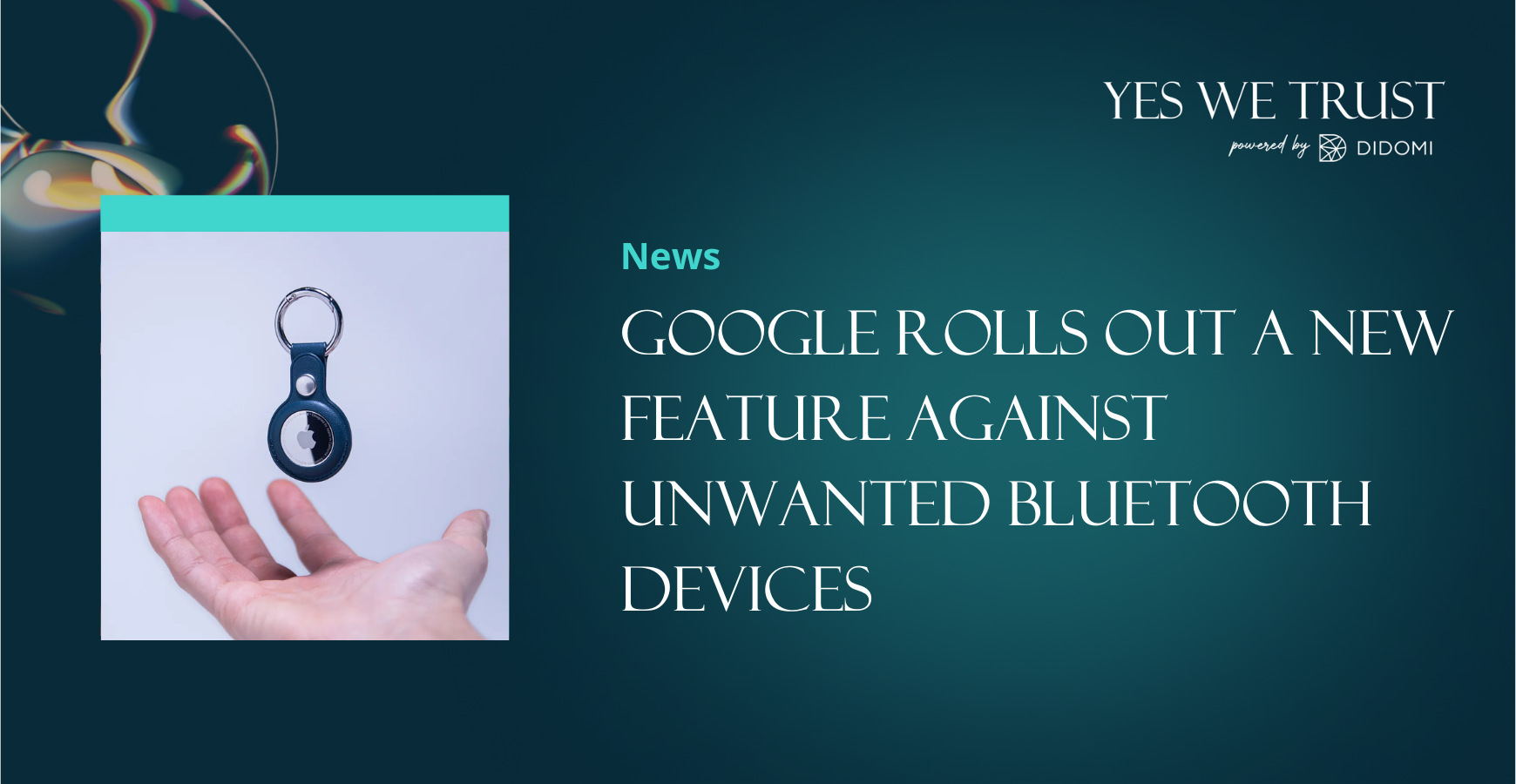Summary
On September 18, 2023, Apple's highly anticipated iOS 17 update for iPhones finally arrived, introducing a host of new and enhanced security features.
This update safeguards iPhone users, especially those more susceptible to cyberattacks and spyware, such as journalists, activists, and human rights advocates. iOS 17 also includes features that benefit the broader user population, including anti-web tracking, secure password storage, and easy sharing of phishing-resistant passkeys.
Below are the key highlights of the brand-new update:
Enter Lockdown Mode: The Lockdown Mode has been expanded to include Apple Watch support, in addition to iPhones, iPads, and Macs. This expansion is particularly crucial since recent spyware exploits have targeted Apple Watch users. Lockdown Mode functions by selectively disabling specific iPhone and Watch features that have been exploited by spyware developers in the past, such as iMessage and HomeKit.
Enhanced Privacy for Geolocation Data: In iOS 17, Lockdown Mode automatically removes geolocation data from photos when sharing them with others. This added layer of privacy prevents revealing the precise location where a photo was taken.
Protection Against Non-Secure Networks: iPhones in Lockdown Mode will now block automatic connections to non-secure Wi-Fi networks, which could potentially expose a user's network traffic to others on the same network.
Anti-Web Tracking Features in Safari: iOS 17 enhances Safari's privacy features by removing tracking information from web addresses that could be used to uniquely identify a user's device and monitor their online activities. Users can enable this feature in Safari settings for private browsing sessions or all browsing activities without disrupting their typical browsing experience.
Secure Private Browsing with added authentication: Private browsing sessions will now lock by default, requiring the device owner to authenticate with their face or fingerprint before accessing private tabs.
Safety Check-Ins and Scam Prevention: iOS 17 introduces a "Check-In" feature that enables iPhone users to share their real-time location with friends when traveling to ensure their safety. This location data is end-to-end encrypted, eliminating the need for third-party apps that may have previously sold location data to advertisers and data brokers. The "Live Transcription" feature transcribes incoming call audio into text in real-time, allowing users to screen spam or scam calls without answering them.
These iOS 17 updates collectively aim to enhance security, privacy, and user control over their data and online activities. Just a few days later, iOS 17.0.1 was released by Apple, focusing on bug fixes and security patches to protect users devices and data. In July, Apple also unveiled its Privacy Manifests, a new tool that "helps you accurately identify the privacy practices of your app's dependencies," and aims at cracking down on a practice known as "fingerprinting".
What do you think about Apple’s privacy updates in the last few months? Join the conversation in our Yes We Trust community, a free discussion group for data privacy professionals and enthusiasts, on LinkedIn:







